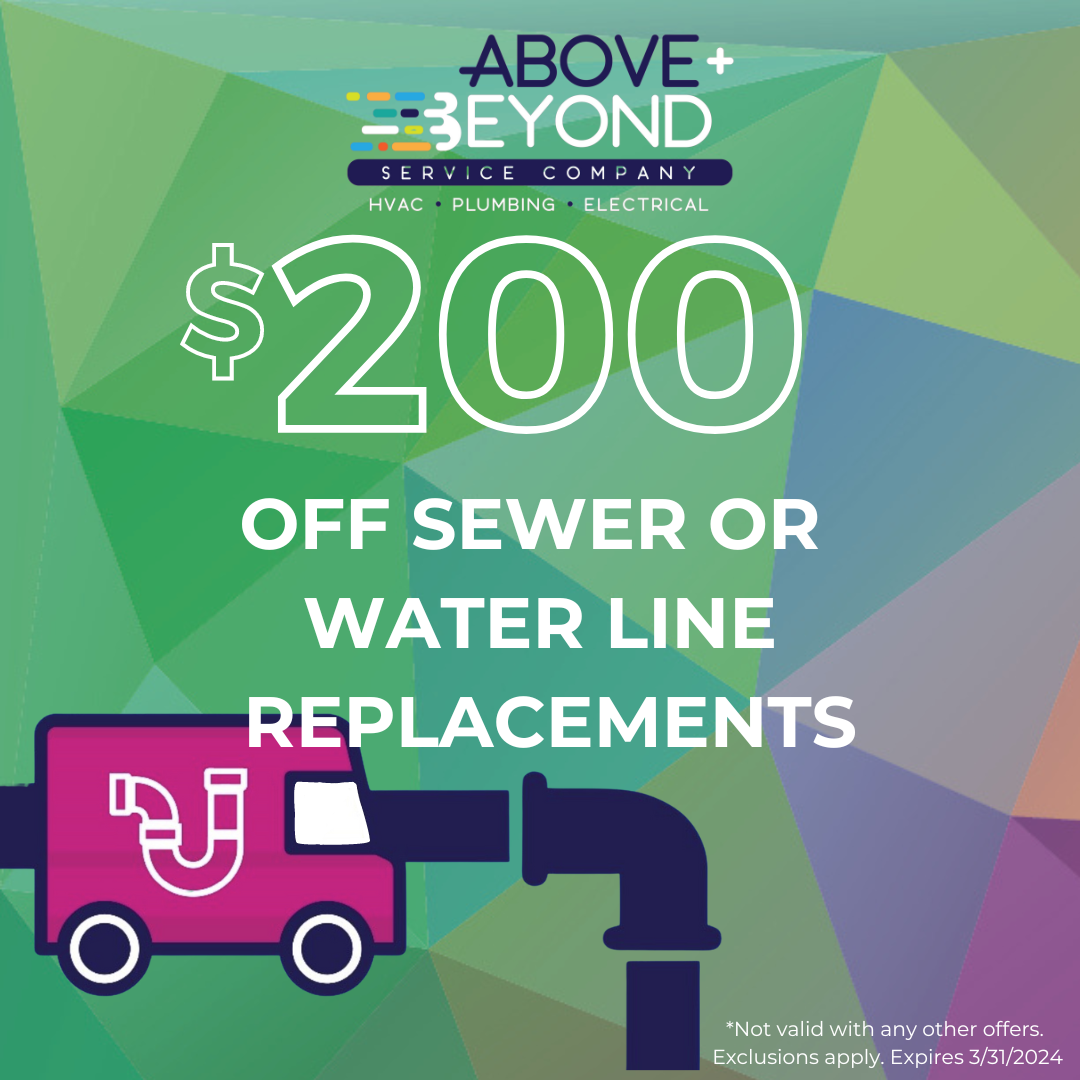Guides



A Look at Surge Protection & Preparing Your Home for Oklahoma’s Extreme Weather
Safeguard your home against extreme weather events with expert tips for protecting your HVAC and electrical systems. Discover effective strategies such as surge protection to keep your family and property safe.

What Are the Causes of a Blocked Drain and How Can You Fix It?
A blocked drain can lead to all sorts of problems in your house. Check out our guide about blocked drains including what causes them, and how to fix them today.

Why Is My Thermostat Not Working?
A broken thermostat can leave you shivering in your home in the middle of winter. If you're wondering, "Why is my thermostat not working?" read on for advice.

5 Mistakes with HVAC Maintenance and How to Avoid Them
Keeping your HVAC system working on a regular basis requires knowing what not to do. Here are mistakes with HVAC maintenance and how to avoid them.

Why Isn't My Heat Working?
Why isn't my heat working? Try these troubleshooting tips to determine the cause of a faulty heating unit, and how to fix it.

Central Air Maintenance 101: A Guide for Homeowners
As a new homeowner, central air maintenance is key, especially with summer right around the corner. Learn more with our guide to AC maintenance and tips.

How to Clean Your Air Conditioning Unit: A Complete Guide
Being hot and stuffy is the worst. You deserve to enjoy the cooling power of a clean air conditioner. Here’s what you should know about how to clean an air conditioner.

A Look at Surge Protection & Preparing Your Home for Oklahoma’s Extreme Weather
Safeguard your home against extreme weather events with expert tips for protecting your HVAC and electrical systems. Discover effective strategies such as surge protection to keep your family and property safe.

What Are the Causes of a Blocked Drain and How Can You Fix It?
A blocked drain can lead to all sorts of problems in your house. Check out our guide about blocked drains including what causes them, and how to fix them today.

Why Is My Thermostat Not Working?
A broken thermostat can leave you shivering in your home in the middle of winter. If you're wondering, "Why is my thermostat not working?" read on for advice.

5 Mistakes with HVAC Maintenance and How to Avoid Them
Keeping your HVAC system working on a regular basis requires knowing what not to do. Here are mistakes with HVAC maintenance and how to avoid them.

Why Isn't My Heat Working?
Why isn't my heat working? Try these troubleshooting tips to determine the cause of a faulty heating unit, and how to fix it.

Central Air Maintenance 101: A Guide for Homeowners
As a new homeowner, central air maintenance is key, especially with summer right around the corner. Learn more with our guide to AC maintenance and tips.

How to Clean Your Air Conditioning Unit: A Complete Guide
Being hot and stuffy is the worst. You deserve to enjoy the cooling power of a clean air conditioner. Here’s what you should know about how to clean an air conditioner.
Latest Guides

A Look at Surge Protection & Preparing Your Home for Oklahoma’s Extreme Weather
Safeguard your home against extreme weather events with expert tips for protecting your HVAC and electrical systems. Discover effective strategies such as surge protection to keep your family and property safe.

What Are the Causes of a Blocked Drain and How Can You Fix It?
A blocked drain can lead to all sorts of problems in your house. Check out our guide about blocked drains including what causes them, and how to fix them today.

Why Is My Thermostat Not Working?
A broken thermostat can leave you shivering in your home in the middle of winter. If you're wondering, "Why is my thermostat not working?" read on for advice.

5 Mistakes with HVAC Maintenance and How to Avoid Them
Keeping your HVAC system working on a regular basis requires knowing what not to do. Here are mistakes with HVAC maintenance and how to avoid them.

Why Isn't My Heat Working?
Why isn't my heat working? Try these troubleshooting tips to determine the cause of a faulty heating unit, and how to fix it.

Central Air Maintenance 101: A Guide for Homeowners
As a new homeowner, central air maintenance is key, especially with summer right around the corner. Learn more with our guide to AC maintenance and tips.

How to Clean Your Air Conditioning Unit: A Complete Guide
Being hot and stuffy is the worst. You deserve to enjoy the cooling power of a clean air conditioner. Here’s what you should know about how to clean an air conditioner.








 Join Saige’s Loyalty club
Join Saige’s Loyalty club


